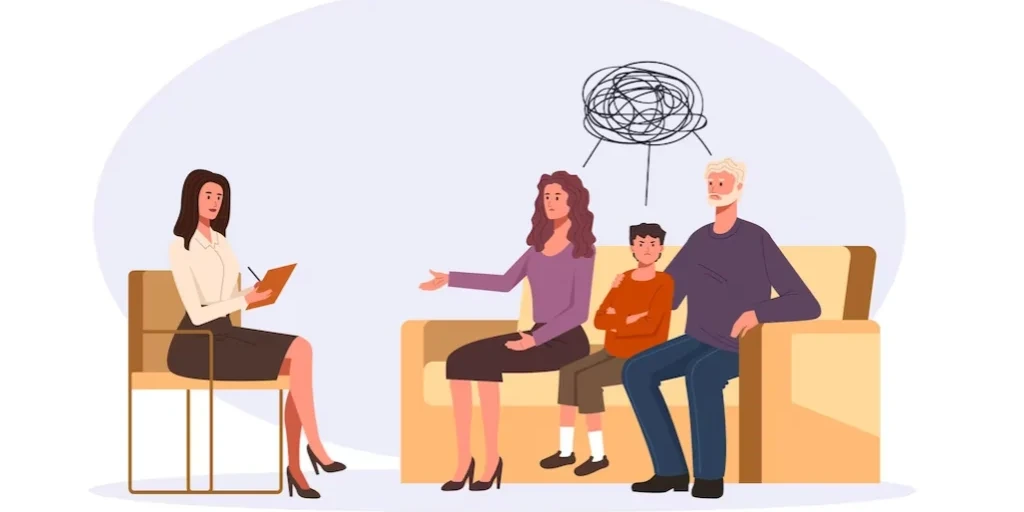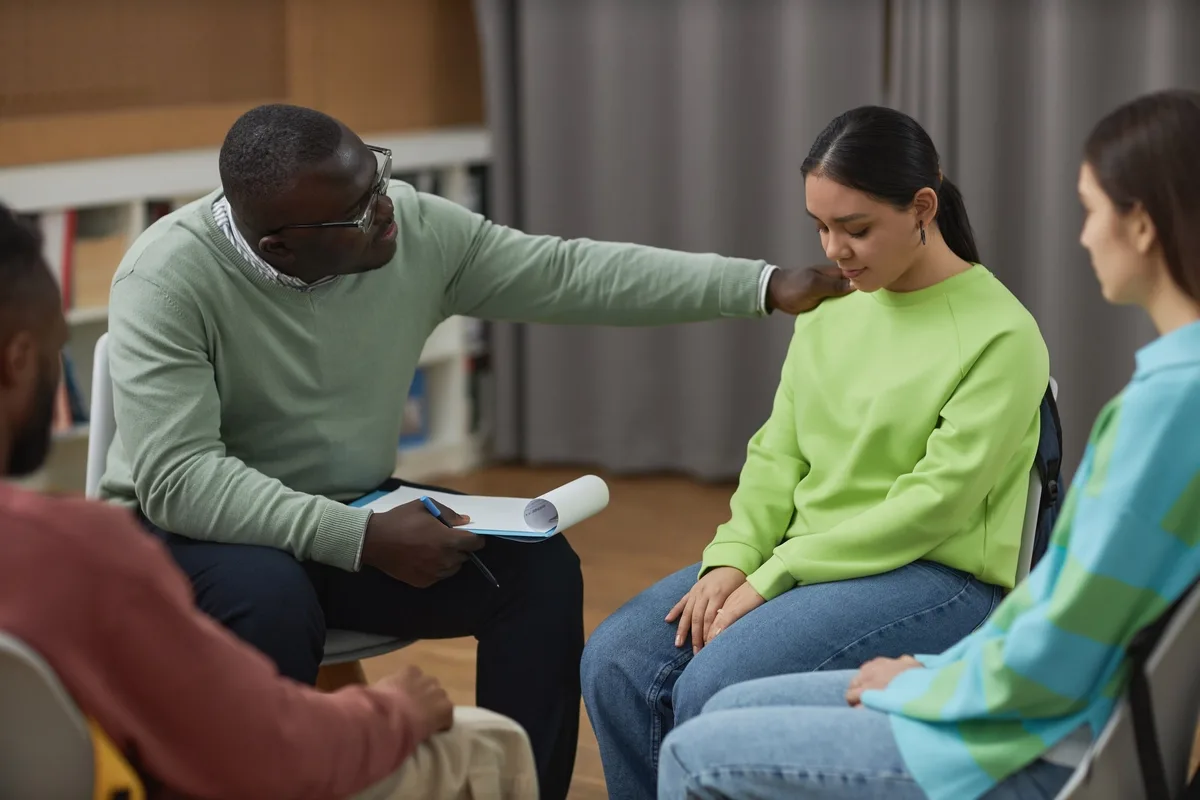24/7 Helpline:
(866) 899-221924/7 Helpline:
(866) 899-2219
Learn more about Medication-assisted Treatment centers in Tonkawa

Other Insurance Options

Sliding scale payment assistance

Kaiser Permanente

MHNNet Behavioral Health

Ambetter

Magellan

Ceridian

Multiplan

EmblemHealth

Lucent

Optum

United Health Care

Molina Healthcare

Regence

CareSource

Private insurance

CareFirst

Premera

Access to Recovery (ATR) Voucher

WellCare Health Plans

Excellus

Tonkawa Tribe – Substance Abuse Program
Indian Alcohol and Substance Abuse Tonkawa Tribe of Oklahoma offers outpatient services for people s...


Alpha II
Alpha II is a private rehab located in Tonkawa, Oklahoma. Alpha II specializes in the treatment of a...




Edwin Fair Community Mental Health Center – Kay County
Edwin Fair Community Mental Health Center – Kay County is a private rehab located in Ponca City, Okl...

Bridgeway
Bridgeway is located in Ponca City, Oklahoma. Bridgeway provides substance abuse treatment.

Ponca City Rightway Medical
Ponca City Rightway Medical is a private rehab located in Ponca City, Oklahoma. Ponca City Rightway ...
































































